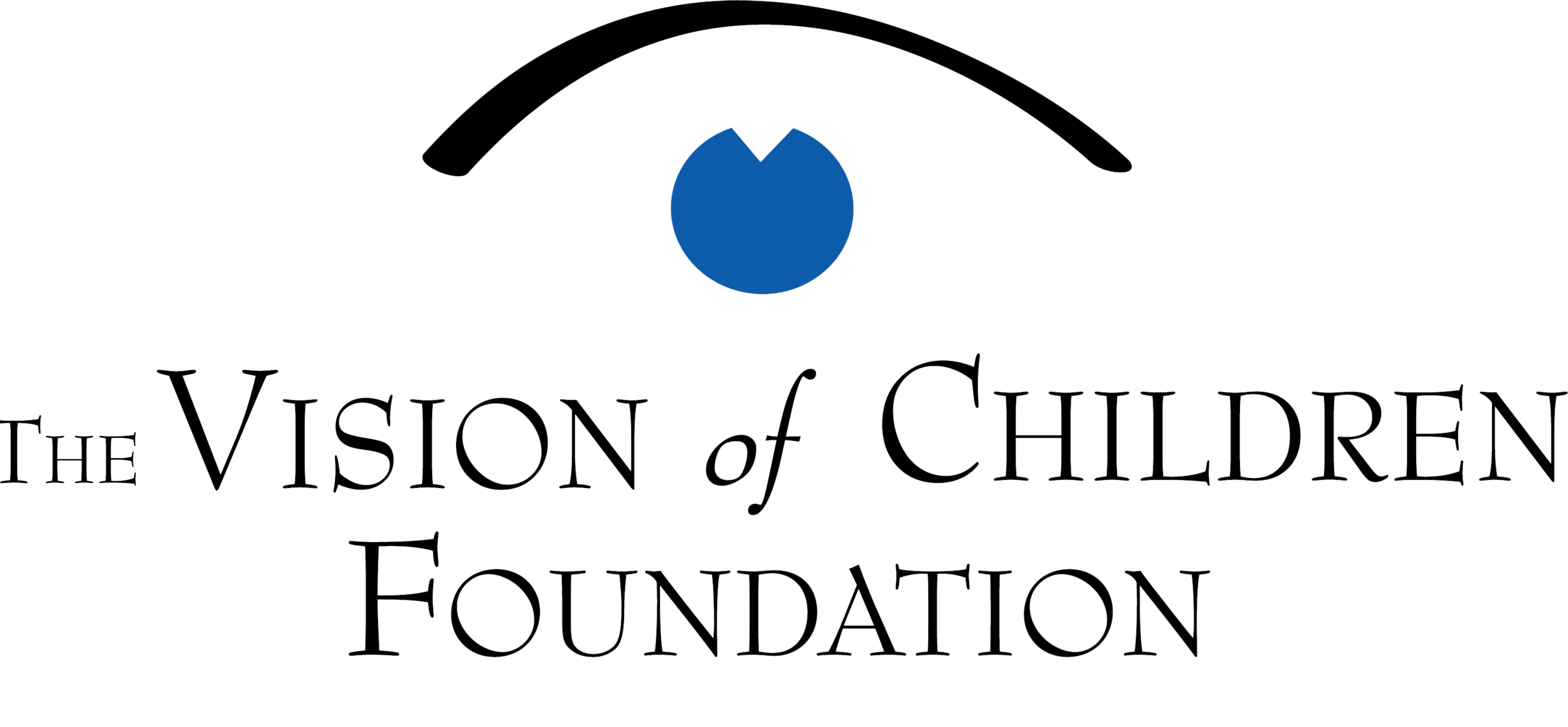How Blindness Affects Your Sleep
For the sighted world, dreams often feel fairly straight forward. They close their eyes. Their mind starts to shut itself down to aid in relaxation. Their breathing slows down. But what do dreams look like for people who are blind?
Many studies have been conducted on how blindness affects a person’s dreams. While the content of dreams typically remains the same, blind people tend to have more sensory dreams, as opposed to visual dreams. The time in a person’s life when losing their vision also affects how visual dreams can be. Much like how blind people view the world through touch and smell, dreams are also experienced that way.
Blindness can also affect circadian rhythms due to a lack of light and dark visual perceptions. This can cause sleep disorders and difficulty maintaining normal sleep patterns. The brain uses the body clock to determine when to go to sleep, and light perception plays a large role in that.
While this may sound stress-inducing, some solutions include taking melatonin before bedtime, creating a set sleep schedule and setting alarms so you get the proper amount of sleep, not taking hot baths or showers at night, using breathing techniques, and avoid doing any work in bed so that psychologically it is a place of relaxation. Following these tips and using this time to reduce stressors should allow for a more calm and peaceful sleep leading to having better dreams.

